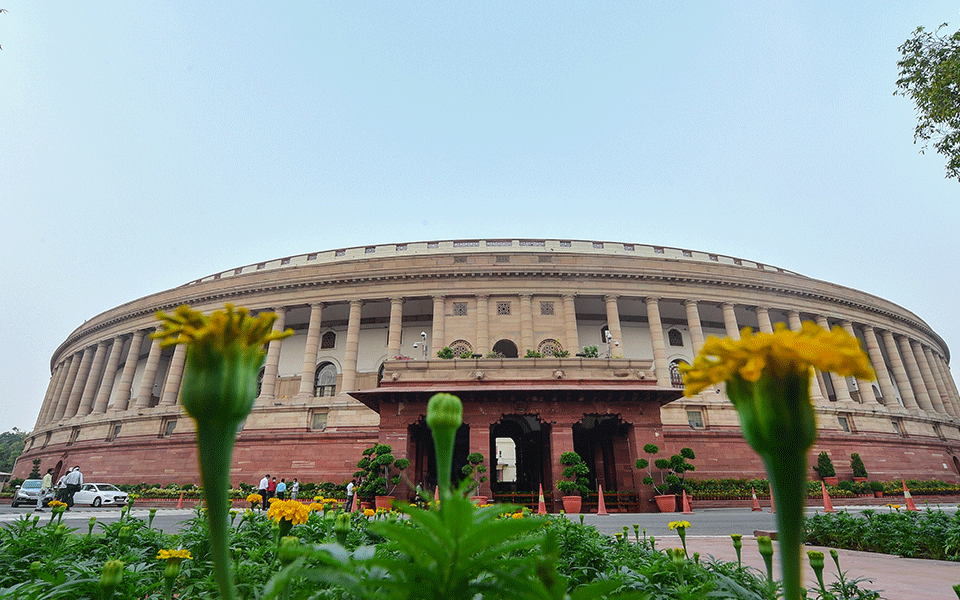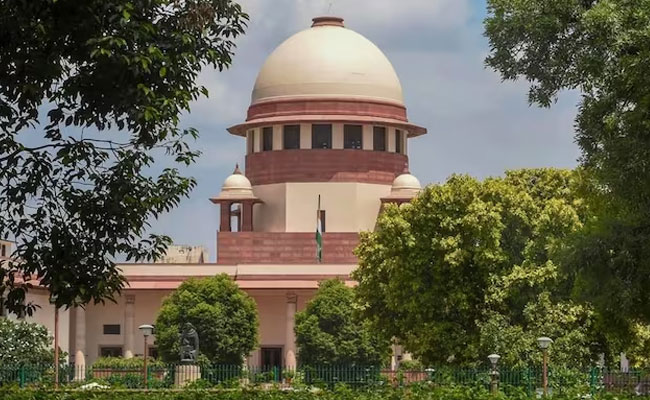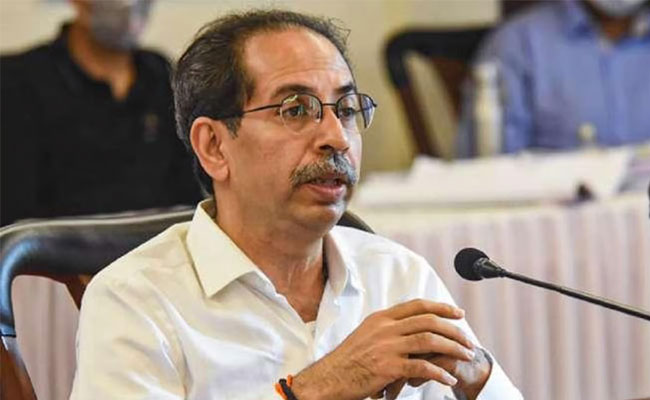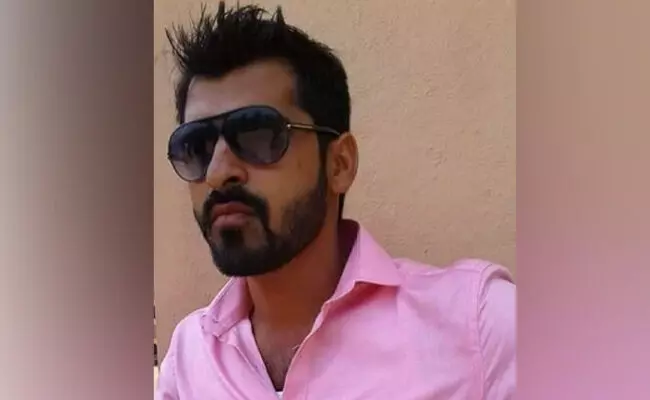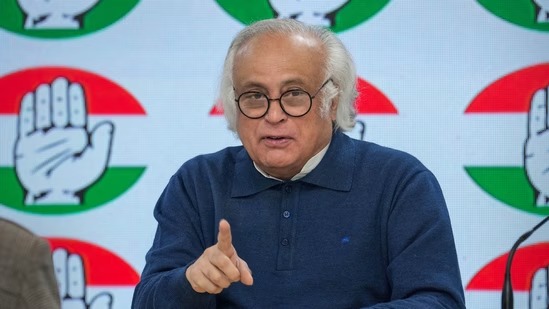New Delhi (PTI): About 31 per cent of sitting Rajya Sabha MPs have declared criminal cases against themselves while the average assets of the Upper House members are Rs 79.54 crore, according to a report released by ADR-National Election Watch .
Association for Democratic Reforms (ADR) and National Election Watch have analyzed the criminal, financial and other background details of 226 out of 233 sitting MPs.
In the current Rajya Sabha, one seat is vacant. Two MPs have not been analysed as their affidavits were unavailable and four seats of Jammu and Kashmir are undefined, the report said.
Of the 226 sitting Rajya Sabha MPs, 197 (87 per cent) are crorepatis' and the average assets per Rajya Sabha MP are Rs 79.54 crore, the report said.
Of 226 Rajya Sabha members, 71 (31 per cent) have declared criminal cases against themselves and 37 (16 per cent) have declared serious criminal cases.
According to the report, two Rajya Sabha MPs have declared cases related to murder (IPC Section 302) and four MPs have declared cases related to attempt to murder (IPC Section 307).
Four Rajya Sabha MPs have declared cases related to crimes against women and out of these four MPs, one namely K C Venugopal (Congress) from Rajasthan has declared case related to rape (IPC Section 376), the report said.
According to the report, 20 (24 per cent) out of 85 Rajya Sabha MPs from BJP, 12 (39 per cent) out of 31 MPs from Congress, three (23 per cent) out of 13 from AITC, five (83 per cent) out of six from RJD, four (80 per cent) out of five from CPI(M), three (30 per cent) out of 10 from AAP, three (33 per cent) out of nine from YSRCP and two (50 per cent) out of four Rajya Sabha MPs from NCP have declared criminal cases against themselves in their affidavits.
The report said nine (11 per cent) out of 85 Rajya Sabha MPs from BJP, eight (26 per cent) out of 31 MPs from Congress, one (8 per cent) out of 13 Rajya Sabha MPs from AITC, three (50 per cent) out of six MPs from RJD, two (40 per cent) out of five from CPI (M), one (10 per cent) out of 10 from AAP, three (33 per cent) out of nine from YSRCP and one (25 per cent) out of four Rajya Sabha MPs from NCP have declared serious criminal cases against themselves in their affidavits.
Giving state-wise details, the report said that seven (23 per cent) out of 31 Rajya Sabha MPs from Uttar Pradesh, 12 (63 per cent) out of 19 MPs from Maharashtra, six (33 per cent) out of 18 from Tamil Nadu, three (19 per cent) out of 16 from West Bengal, six (67 per cent) out of nine from Kerala and 10 (63 per cent) out of 16 Rajya Sabha MPs from Bihar have declared criminal cases against themselves in their affidavits.
Let the Truth be known. If you read VB and like VB, please be a VB Supporter and Help us deliver the Truth to one and all.
New Delhi (PTI): A judgement of a Constitution bench would be "binding" on benches of lesser strength, the Supreme Court has said while recalling an April 2022 verdict delivered by it.
In its order dated April 7, 2022, the apex court had held that a panchayat cannot claim ownership of the land which has been taken from the real owners from their permissible ceiling limits under the land law in Haryana.
The apex court had consequently said panchayats can only manage and control the land which has been taken from the owners and cannot claim title.
"It is pertinent to note here that for the land taken from the proprietors by applying pro-rata cut from the permissible ceiling limits of the proprietors, management and control alone vests with the panchayat but such vesting of management and control is irreversible and the land would not revert to the proprietors for redistribution as the common purposes for which land has been carved out not only include the present requirements but the future requirements as well," it had said.
The top court had delivered the verdict on a batch of appeals against a full bench verdict of the Punjab and Haryana High Court which had examined the legality of sub-section 6 of Section 2(g) of the Haryana Village Common Lands (Regulation) Act, 1961.
In a judgement delivered on Thursday, a bench of Justices B R Gavai and Sandeep Mehta said that when the high court verdict rested on the law laid down by the apex court's Constitution bench in 1966, "the least that was expected" of the court in the judgement under review was to explain as to why the high court was wrong in relying on the 1966 verdict.
"No law is required to state that a judgement of the Constitution bench would be binding on the benches of a lesser strength. Bhagat Ram (1966 verdict) has been decided by a strength of five judges, this court having a bench strength of two judges could not have ignored the law laid down by the Constitution bench in paragraph 5 in Bhagat Ram," the bench said.
The top court delivered its verdict on a plea seeking review of the April 2022 judgement.
It said that "ignoring" the law laid down by the Constitution bench and taking a view totally contrary to the same would amount to a material error, manifest on the face of the order.
"Ignoring the judgement of the Constitution bench, in our view, would undermine its soundness. The review could have been allowed on this short ground alone," it said.
While allowing the review petition, the bench said, "The judgement and order of this court dated April 7, 2022... is recalled and the appeal is restored to file."
The bench directed that the appeal be listed for hearing on August 7.
The top court observed it was settled that the review would be permissible only if there was a mistake or error apparent on the face of the record or any other sufficient reason was made out.
"The review of the judgement would be permissible only if a material error, manifest on the face of the order, undermines its soundness or results in miscarriage of justice. We are also aware that such an error should be an error apparent on the face of the record and should not be an error which has to be fished out and searched," it noted.

